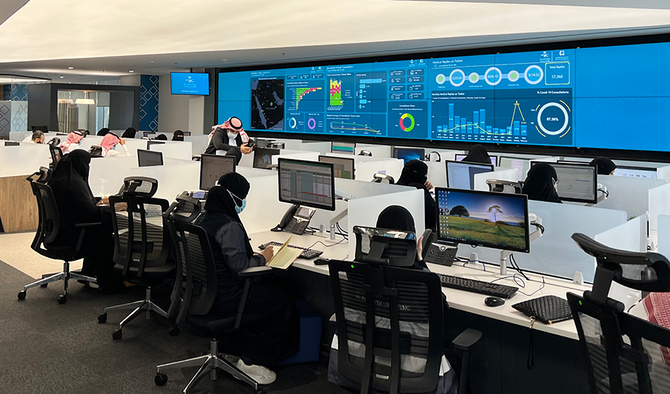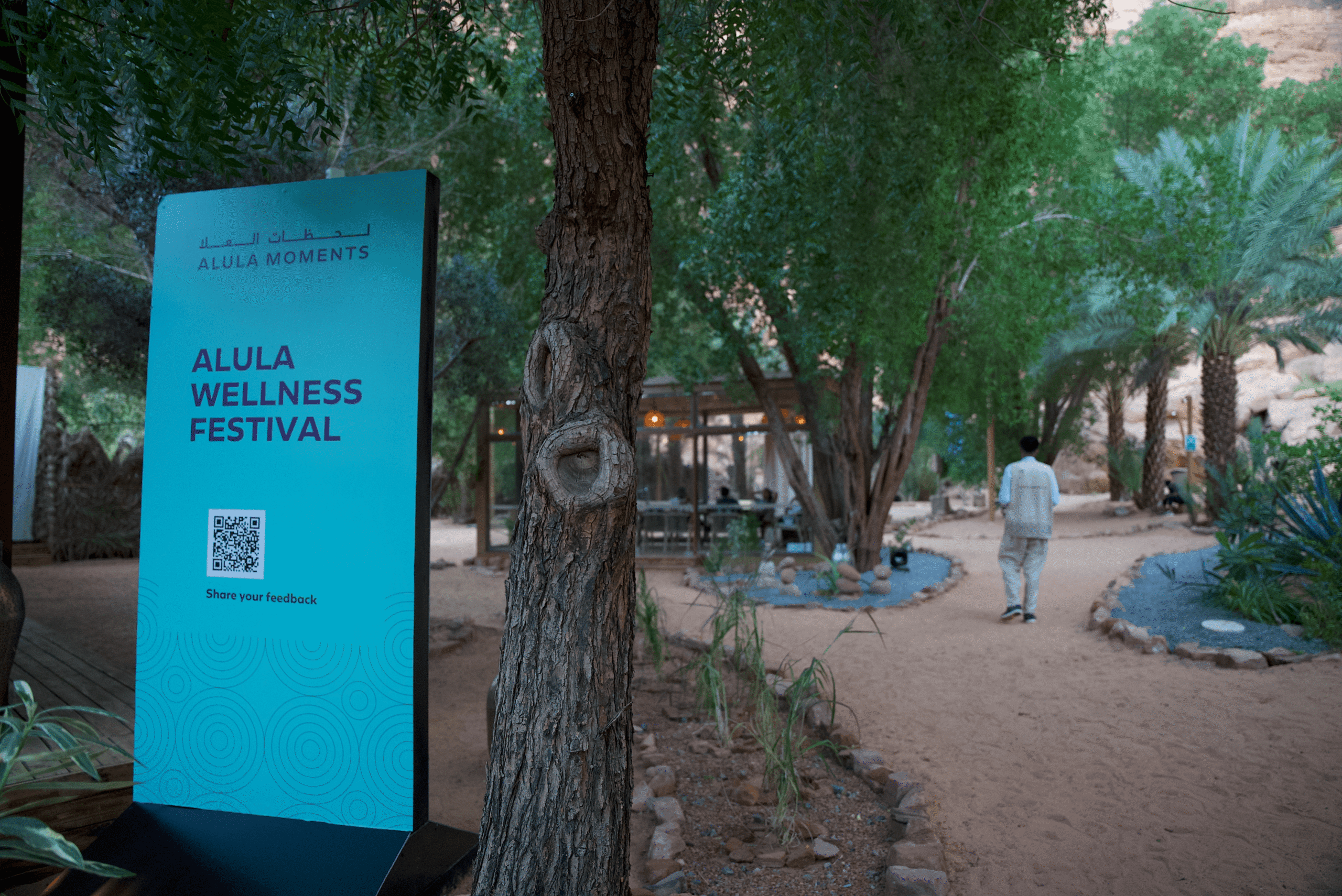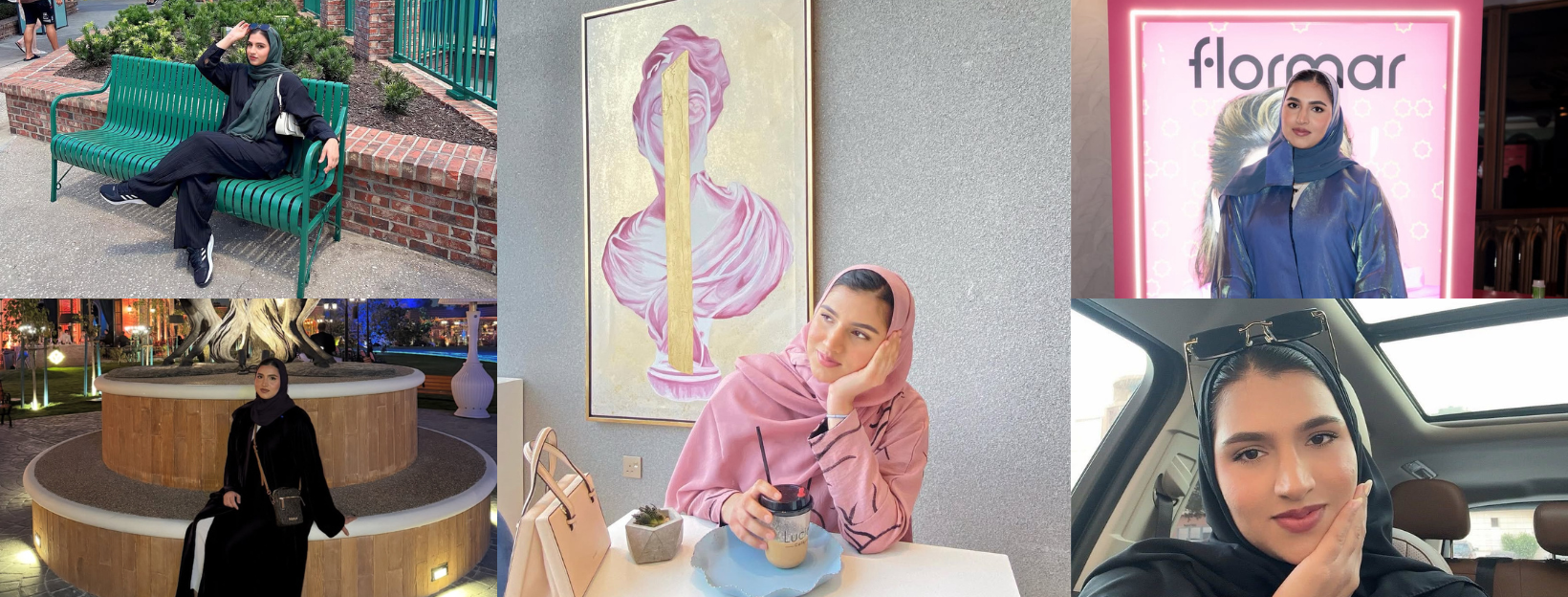Got Questions About Saudi Healthcare? We’ve Got Answers
From the basics of ensuring everyone has access to the treatment they need to the use of cutting-edge new technologies, Saudi Arabia is revolutionizing healthcare. If you’re in Saudi Arabia as a citizen, resident, or visitor, you can rest assured that quality healthcare is there for you. Because whether it’s staying active with sports and exercise opportunities or providing top notch medical treatment and care, in Saudi Arabia good health is at the (strongly beating) heart of its quality of life commitments.
We’re here with a handy Q&A to cover everything you need to know about healthcare and caring for your health in Saudi Arabia.
What is healthcare like in Saudi Arabia?
Easy to access! All Saudi residents – citizens and expats, both – are covered by universal healthcare. It’s provided directly by the government to Saudi citizens, while expats get theirs through workplace health insurance. Either way, everyone has access to everything from preventive care to cutting-edge treatments, therapy to medication.
The Kingdom of Care is also making it easier to access healthcare remotely (that’s “tele-health” if we’re being technical) through the new and ground-breaking SEHA Virtual Hospital. SEHA digitally connects Saudi residents with over 150 hospitals and more than 30 specialized services to save time, effort, and literally lives by making it easier and faster to get an appointment, treatment, and medical support. Thanks to digital healthcare, 9.2 million virtual appointments were booked in 2023 for everything from quick consultations to women’s health advice—how cool is that?
I’m not a Saudi resident – I’m just visiting. What happens if I need healthcare while I’m there?
You’ll get healthcare insurance as part of getting visa. There are several providers you can choose from, and coverage is excellent. You can read more about health insurance and getting a visa in our handy guide.
What if I don’t speak Arabic? Will that be an issue?
Not a problem! Most doctors and staff speak English, especially in private hospitals, so you’ll be just fine. That’s because doctors and nurses in Saudi Arabia come from a wide range of countries and backgrounds. In fact, there are around 77,000 foreign dentists and physicians in Saudi Arabia1, making up over 50% of the total number!
With all those different backgrounds, how can I be sure the person treating me is properly qualified?
Two words: International accreditation! More words: The Saudi Commission for Health Specialties (SCFHS) regulates health care and accreditation in the Kingdom, including for all practitioners recruited from overseas. To get work as a doctor in Saudi Arabia you typically need at least two years’ experience in your post and recognized accreditation. So, for the UK that’s medical training recognized by the General Medical Council (GMC), while for the US it’s “board certified” (e.g. the American Board of Medical Specialties or the American Board of Physician Specialties). In Germany it’s a “Facharzt” accreditation (e.g. from the Bundesärztekammer) and in France it’s the Conseil national de l‘Ordre des médecins.
So, wherever your medic in Saudi comes from, you can be sure that they know what they’re doing.
I am a female and I’m more comfortable seeing a female doctor, can that be arranged? Are there separate facilities for males and females, and does that create any inconvenience?
Of course! Hospitals are generally mixed, the same as most other places in the world, but women make up about 55% of the Saudi healthcare workforce. So, whether it’s a doctor, dentist, nurse, or pharmacist, you’ll be able to be seen by a woman if you prefer.
I never knew Saudi cared about health so much! Where’s this all come from? And why?
Well, the Kingdom’s Health Sector Transformation Program (HSTP) is driving a lot of this modernization, with new healthcare programs, training and investment across the country – and it’s supported by 17 other government bodies, proving just how committed Saudi is to good health. In fact, it goes beyond healthcare. For one, HSTP is also tackling preventative issues like road safety and disease prevention, while there’s also a huge drive to enable people to live their best lives and, therefore, healthy lives with investment in sports and other active facilities.
So, if I have a medical emergency or just need to speak to a doctor, who do I call?
For a general medical emergency, call 911.
For an ambulance specifically, call 997.
In addition, your health insurance provider will give you a direct contact number too – so make sure you note that down!


